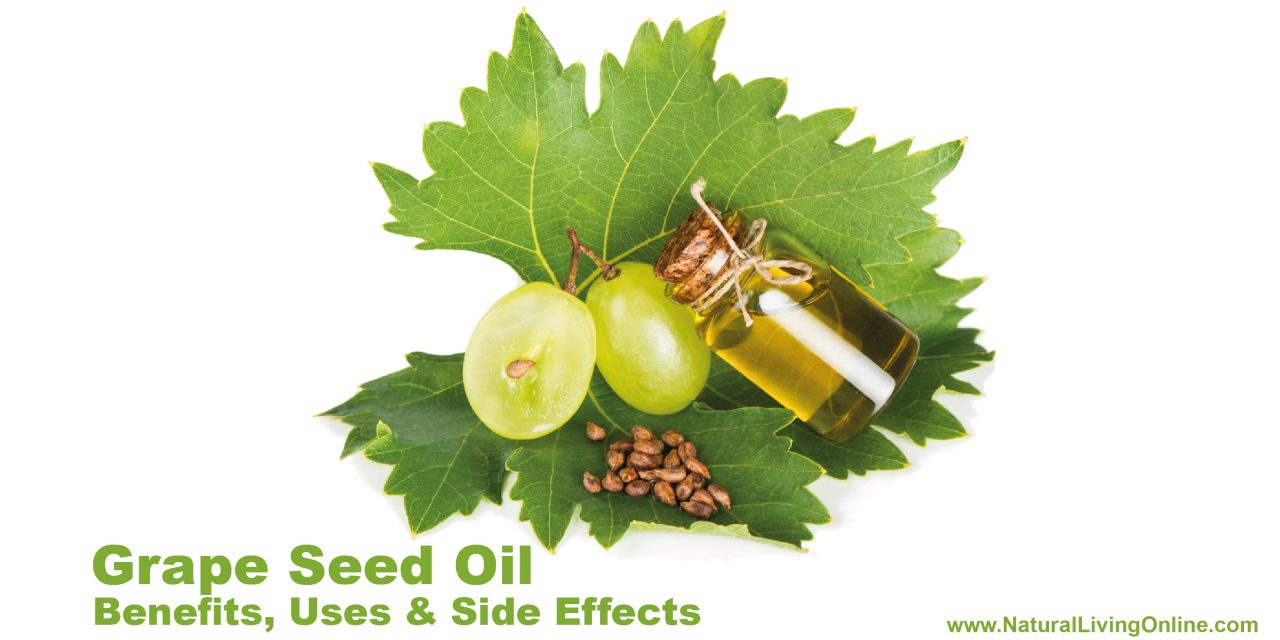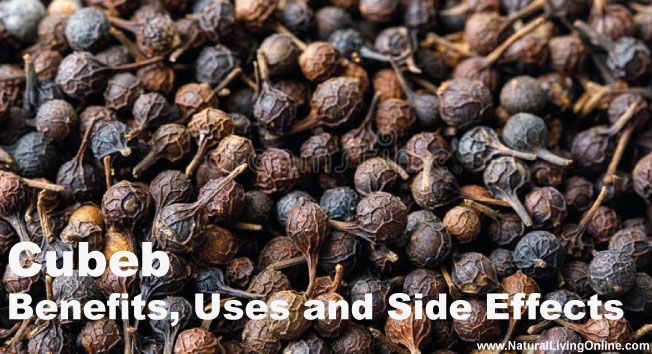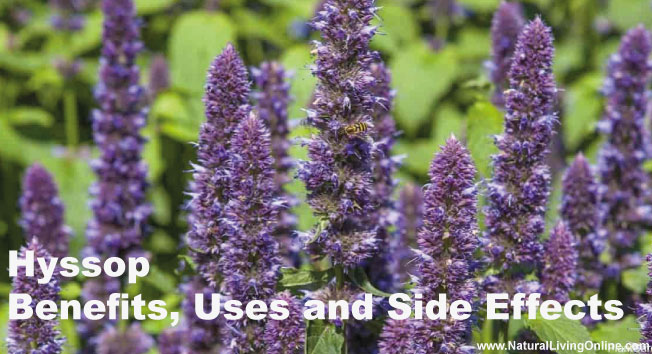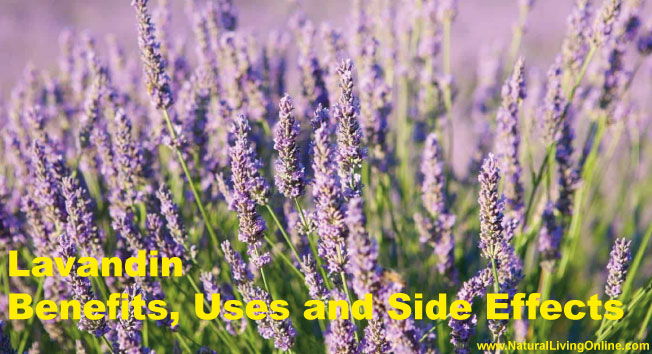Grape seed oil has carved out a niche in both the culinary and health industries due to its notable benefits. Extracted from the seeds of grapes, a byproduct of the winemaking process, this oil is appreciated for its rich content of antioxidants, including vitamin E and polyphenols. Such compounds are instrumental in protecting the body against free radical damage, potentially lowering the risk of certain health conditions and improving overall wellness. As a culinary ingredient, grape seed oil offers a high smoke point, making it a versatile and healthy choice for various cooking methods.
Despite its advantages, users of grape seed oil should be aware of its potential side effects. While generally considered safe for most people, some may experience allergic reactions or other adverse effects. When incorporating grape seed oil into a diet or skincare routine, it’s also important to consider its interaction with other products and medications. Moreover, as with any oil, moderation is key to maintaining balance in a healthy diet.
Key Takeaways
- Grape seed oil contains antioxidants, like vitamin E, which contribute to its health benefits.
- It’s used in cooking for its high smoke point and is regarded as a healthier oil option.
- Awareness of possible side effects is critical for safe consumption and use.

Grape Seed Oil Profile
Botanical Name: Vitis vinifera
Family: Vitaceae
Common Names: Grape seed oil, Grape oil
Plant Description: The grapevine is a woody, perennial plant native to the Mediterranean region, Central Europe, and southwestern Asia. It produces clusters of grapes, which are harvested for wine production, juice, and as fresh fruit. Grape seeds, a byproduct of the wine-making process, are used to extract grape seed oil.
Oil Description: Grape seed oil is extracted from the seeds of grapes. It is a light green to yellow-green oil with a mild, neutral aroma. It is known for its light texture and high content of polyunsaturated fats.
Extraction Method: The oil is typically extracted through cold pressing or solvent extraction. Cold pressing is preferred for preserving the oil’s beneficial properties, while solvent extraction is more common for commercial production due to its efficiency.
Chemical Composition
Grape seed oil is rich in polyunsaturated fatty acids, antioxidants, and vitamins. The key components include:
- Linoleic acid (about 68-85%)
- Oleic acid (about 15-20%)
- Palmitic acid (about 5-10%)
- Stearic acid (about 3-6%) Additionally, it contains vitamin E (tocopherols), flavonoids, and polyphenols.
Properties
- Emollient: Moisturizes and nourishes the skin, making it soft and smooth.
- Anti-inflammatory: Reduces inflammation and soothes irritated skin.
- Antioxidant: Protects the skin from oxidative stress and environmental damage.
- Astringent: Tightens and tones the skin, making it beneficial for oily and acne-prone skin.
- Non-comedogenic: Does not clog pores, suitable for all skin types.
Uses
Skin Care
- Moisturizer: Used in creams, lotions, and serums to hydrate and soften the skin.
- Anti-aging: Reduces the appearance of fine lines and wrinkles and improves skin elasticity.
- Acne Treatment: Helps balance oil production and reduces acne.
- Skin Healing: Speeds up healing of minor wounds and scars.
Hair Care
- Conditioner: Hydrates and nourishes hair, making it shiny and smooth.
- Scalp Treatment: Soothes dry, flaky scalp and helps with dandruff.
- Hair Strength: Strengthens hair and reduces breakage and split ends.
- Styling Product: Used to tame frizz and add shine.
Body Care
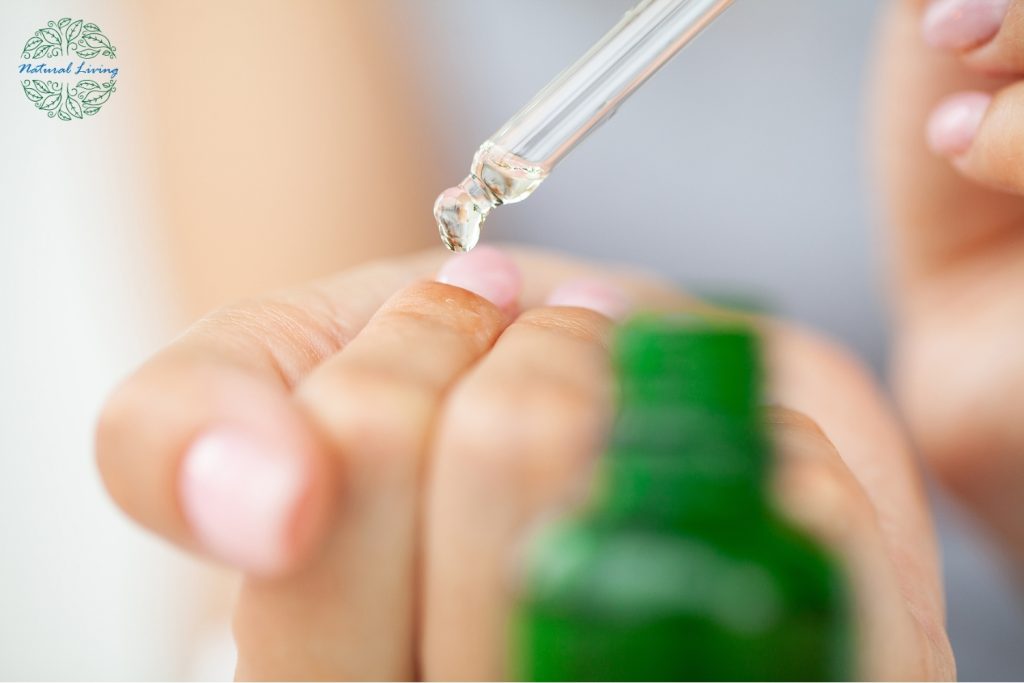
- Massage Oil: Used for its light texture and skin-nourishing properties.
- Bath Oil: Added to bath water to hydrate and soften the skin.
- Carrier Oil: Commonly used as a base oil for essential oils in aromatherapy.
Culinary Uses
- Cooking Oil: Used for frying, sautéing, and baking due to its high smoke point.
- Salad Dressings: Adds a light, neutral flavor to salads and dressings.
- Nutritional Supplement: Consumed for its health benefits, including improved heart health and anti-inflammatory properties.
Health Benefits and Therapeutic Uses
Grape seed oil offers a variety of health benefits stemming from its anti-inflammatory properties and high antioxidant content. It has been linked to improvements in cardiovascular health, skin condition, and wound healing due to its rich composition of essential nutrients.
Key Benefits
- Rich in essential fatty acids, antioxidants, and vitamins.
- Suitable for all skin types, including oily and acne-prone skin.
- Light and non-greasy texture, easily absorbed by the skin.
- High smoke point makes it versatile for culinary uses.
- Promotes overall skin and hair health and appearance.
Cardiovascular Health
Grape seed oil is associated with better cardiovascular health due to its ability to potentially lower LDL (bad) cholesterol levels and improve circulation. It contains polyphenols that may protect against heart disease by shielding blood vessels from damage. Some studies suggest that grape seed oil may contribute to reduced blood pressure, though further research is needed to fully substantiate this effect.
Anti-Inflammatory and Antioxidant Effects
The oil is rich in antioxidants like vitamin E, which protect cells from free radical damage—a major factor in aging and the development of some forms of cancer. Antioxidants also strengthen the immune system. Furthermore, grape seed oil’s anti-inflammatory properties may aid in reducing systemic inflammation within the body.
Skin Health and Wound Healing
For skin health, grape seed oil enhances the production of collagen, a vital protein for maintaining skin elasticity and strength. Its use can help in managing dry skin, reducing the appearance of scars, and even speed up the process of wound healing. As grape seeds are a byproduct of the winemaking process, grape seed oil is a natural, plant-derived product often used in skin care for these benefits.
Culinary Uses of Grape Seed Oil
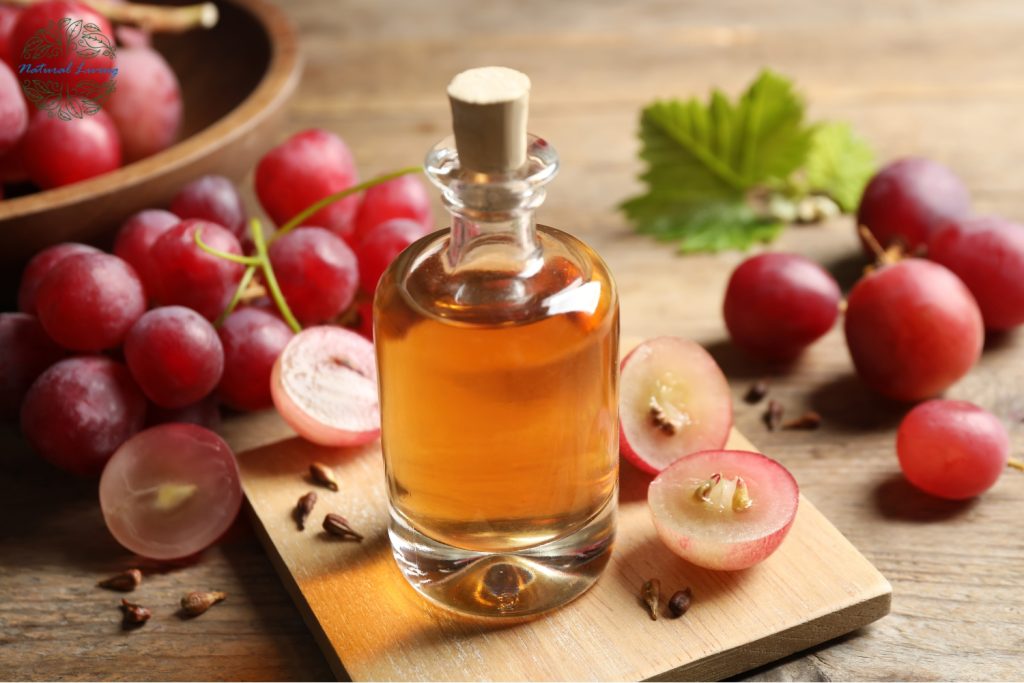
Grape seed oil is a versatile ingredient in the kitchen, known for its high smoke point and low levels of saturated fat. It is a preferred choice for various cooking techniques and can be a healthier substitute for oils with higher saturated fat content.
Cooking and Food Preparation
When it comes to cooking and food preparation, grape seed oil is highly regarded for its high smoke point, which is approximately 420°F (216°C). This characteristic makes it suitable for high-heat cooking methods such as frying, sautéing, and grilling, as it does not burn or smoke easily, unlike oils with lower smoke points.
With a considerably lower level of saturated fat compared to other oils, grape seed oil presents itself as a healthier option. It contains mainly polyunsaturated fats, which are preferable in a balanced diet.
The neutrality of grape seed oil is notable; it has a mild flavor that does not overpower dishes. In direct comparison, olive oil has a distinctive taste that can alter the flavor profile of some recipes. Consequently, grape seed oil is an excellent medium for dressings and mayonnaise where a less pronounced oil flavor is desired.
- Frying: Ideal for deep and shallow frying due to higher smoke point.
- Sautéing: Provides a clean taste and can handle the heat of quick cooking.
- Dressings and Sauces: Its mild flavor makes an unobtrusive base for dressings.
In summary, grape seed oil is recognized for its high smoke point and healthful properties, particularly due to its low saturated fat content. Its neutral taste and versatile use in high-heat cooking make it a valuable addition to the culinary world.
Potential Side Effects and Considerations
While grape seed oil offers various health benefits, it is important for consumers to be aware of its potential side effects and considerations, especially if they have specific health conditions or are taking certain medications.
Interactions and Contraindications
Allergies: As with any product derived from plants, there is a risk of allergic reactions when using grape seed oil. Individuals with known sensitivities to grapes should approach grape seed oil with caution.
Side Effects: Common side effects may include headache, sore throat, dizziness, itchy scalp, and stomach ache. Nausea has also been documented, albeit less frequently.
Risks with Blood-Thinning Medications: Grape seed oil may enhance the effect of blood-thinning medications, potentially increasing the risk of bleeding. Those on such medications should consult their healthcare provider before incorporating grape seed oil into their routine.
Medication Interactions: Individuals should discuss with their doctor the use of grape seed oil if they are taking any medication, to avoid possible interactions.
The use of grape seed oil should be carefully considered, especially in the presence of health conditions or the use of medications that could interact adversely with its consumption. It is always prudent to seek medical advice before making changes to one’s health regimen.
Comparison With Other Oils
When comparing grape seed oil to other plant-based oils, it’s important to consider their nutritional content, specifically the type of fats they contain and their potential health benefits.
Grape Seed Oil vs. Other Plant Oils
Grape seed oil is appreciated for its high content of polyunsaturated fatty acids (PUFAs), particularly linoleic acid. In contrast, olive oil is known for its high concentration of oleic acid, a monounsaturated fat. While both types of unsaturated fats are beneficial for health, they serve different functions within the body.
| Nutrient | Grape Seed Oil | Olive Oil |
|---|---|---|
| Saturated Fat | Lower | Higher |
| Polyunsaturated Fatty Acids | Higher | Lower |
| Vitamin E | More | Less |
| Oleic Acid | Less | More |
Grape seed oil boasts a higher percentage of PUFAs compared to olive oil, which is predominantly made up of monounsaturated fats. These fats in grape seed oil are essential, meaning they must be obtained through the diet.
Furthermore, grape seed oil contains more vitamin E than many other oils, including olive oil. Vitamin E acts as a powerful antioxidant, protecting cells from oxidative stress. Olive oil is not without its own advantages—it’s rich in antioxidants as well and has been extensively studied for its heart-healthy properties.
It’s worth noting that while grape seed oil has a lower content of saturated fats, which are typically associated with higher cholesterol levels when consumed in excess, it may not be the best option for high-temperature cooking due to its lower smoke point. Olive oil, especially extra virgin olive oil, also offers substantial health benefits and is a staple in the Mediterranean diet, renowned for its cardiovascular benefits.
In conclusion, both oils have a place in a balanced diet, but the choice between grape seed oil and other plant oils like olive oil may come down to specific dietary needs, cooking applications, and flavor preferences.
Frequently Asked Questions
What are the potential skin benefits of using grapeseed oil?
Grapeseed oil is known for its moisturizing properties and may improve skin hydration and elasticity, enhancing overall appearance. It contains vitamin E, which has wound-healing benefits.
Can grapeseed oil be used to promote hair health, and if so, how?
Yes, grapeseed oil can promote hair health as it is lightweight and can moisturize the scalp, reduce dandruff, and strengthen hair strands without leaving a greasy residue.
Are there any specific groups of people who should avoid using grape seed oil?
Individuals with a grape allergy should avoid grapeseed oil, as it could cause allergic reactions. Those with hormone-sensitive conditions should exercise caution due to the oil’s potential influence on hormone levels.
What are the possible adverse effects of grape seed extract on the liver?
High doses of grape seed extract have been linked to potential liver damage, with some reports of it causing harmful changes in liver enzyme levels indicative of liver stress.
How might grape seed extract influence testosterone levels?
There is limited research suggesting grape seed extract may interfere with hormone levels, including testosterone, due to its antioxidant effects. Those with hormone-related issues should consult a medical professional before use.
What are the commonly reported side effects associated with the topical application of grapeseed oil?
Topical application of grapeseed oil is generally well tolerated, but some people have reported side effects such as allergic reactions. These reactions may include skin rash or itching.
References:
Grape Seed Oil Compounds: Biological and Chemical Actions for Health
This website does not provide medical advice.
All information provided on this website, and on associated social media networks, including but not limited to texts, images, and numbers are for general information purpose only. It is not intended as medical advice and it does not include all possible precautions, side effects, or interactions that may occur. Neither NaturalLivingOnline.com nor its author/founder take responsibility for how you use this information. Statements contained on NaturalLivingOnline.com have not been evaluated by the FDA. You should conduct thorough research via multiple sources and consult your physician or qualified doctor before using any essential oil or herbal remedy. Information on NaturalLivingOnline.com must not be relied upon for medical, legal, financial or other decisions.

